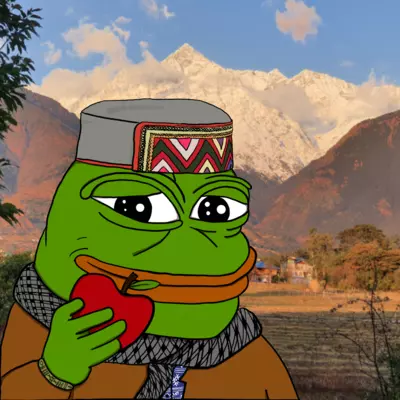My first thought after reading the form to express interest in volunteering at Pakistan’s annual Women’s March was: how many women in Pakistan know what “non-binary” and “cis woman” mean? In a country with a literacy rate of less than 50% for women, who was Aurat March hoping to attract with this questionnaire? Instead of being inclusive, the menu of gender options would probably make a majority of Pakistani women feel unqualified to participate, effectively excluding the aurat from Aurat March. But maybe that was the whole point.
Aurat March is set to take place on International Women’s Day, March 8th, across the country — for the sixth year running. It has been riven with controversy ever since its first iteration in 2018, when slogans like “Mera Jism, Meri Marzi” (“My body, my choice”) caused public outcry, the event being deemed un-Islamic. It’s common to hear Aurat March and the ideology it supports described as “foreign funded”, to advance “Western interests” in Pakistan.
My stone my choice

Why bend over backwards to champion the rights of Pakistan’s transgender community (a mere 0.24% of the population), instead of trying to extend an olive branch to the majority of the country’s 220 million citizens, men and women, in language they can understand? In her 2017 book, The New Pakistani Middle Class, Ammara Maqsood argues that, since the Nineties, “progress” in Pakistan has been defined by connections to the outside world. It is only when “an imagined audience, an outsider that needs to be addressed and convinced” believes that Pakistan is modern that Pakistanis will see themselves as modern, she writes. Concerned about how they’re portrayed on the global stage, elite Pakistani feminists want to signal to their comrades in the West: Look, we’re not the backwards and uncivilised country that we seem to be, we believe trans women are women. This tactic seems to be working, looking at the glowing coverage Aurat March gets from mainstream news media in the West, which frames the movement as an “Us versus Them”, zero sum game for which Pakistani feminists are risking their lives. But who exactly is “them”?
Chuds, that's who


The Aurat March would have it that “they” are “radical, Right-wing Islamists”. But the truth is, “they” are the millions of women who — having ascended to middle-class life since the Nineties — reject the idea that modernity in Pakistan must operate in lockstep with the West. These women instead embrace “Islamic feminism” and aspire to be part of the global Muslim community, turning to countries like Turkey for inspiration. They advocate for women’s rights within an Islamic framework, encouraging women to interpret the Quran and highlight the teachings of equality in the religion.
Internalized misogyny


But if Aurat March were to abandon this language, and incorporate terminology and manifesto demands more in line with the growing Islamic feminist movement in the country, its international brand would be irreparably damaged. Fighting for environmental justice, demanding to defund the police, and putting transgender politics at the centre of one’s activism — all part of Aurat March’s 2022 manifesto — is much more palatable to readers of the New York Times than engaging in “backward” practices like debating what rights women have in Islam. If Pakistan’s elites dared do such a thing, the West would write off the nation as another “shithole country” overrun by Islamists. Feminism’s status as a “luxury belief” would fall away — and so too would the Pakistani elite’s sense of itself.
Btw this is a Paki Canadian writing.
Judging from their volunteer form and most recent social media activity, Aurat March is comfortable with its solid position on the “lifestyle Left”. It promotes questions of identity, consumption, and moral attitudes over tradition and community. The annual event has become nothing more than an exercise in intellectual gatekeeping: a reminder to the upwardly mobile masses that the definition of modernity in Pakistan is a way for the established elite to preserve their dominant position in society. There is no room for either the new and growing middle class, or concern for the working-class women who can’t even read — let alone win a Rhodes scholarship.

Keep the poors in their lane 







 Hypermuscular Hindu Hridaysamrat
Hypermuscular Hindu Hridaysamrat 


.webp?h=10)

Jump in the discussion.
No email address required.
Snapshots:
archive.org
ghostarchive.org
archive.ph (click to archive)
Jump in the discussion.
No email address required.
More options
Context